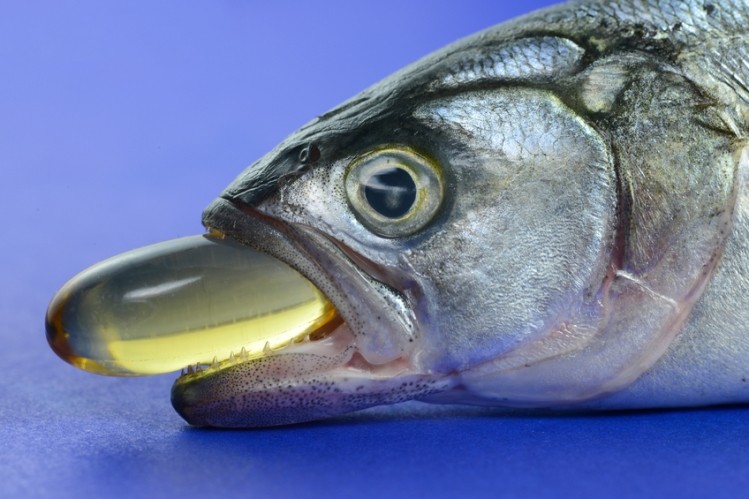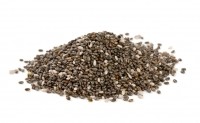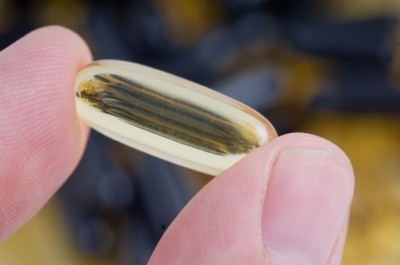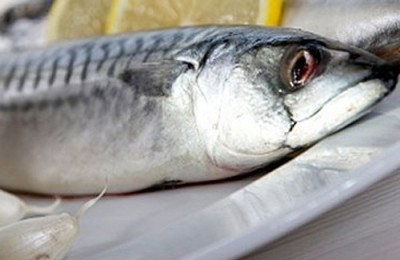Fish oil molecule ups brain and eye cell survival odds from stroke

Main findings from a paper conclude that NPD1, a signalling molecule made from the fish oil docosahexaenoic acid (DHA), enhances the production and availability of the protein Iduna.
Iduna serves as a regulator of cell survival, halting neural cell death by repairing DNA and providing protection against a form of programmed cell death characteristic of stroke.
“These findings are significant because they show how NPD1, a lipid mediator made 'on demand,' modulates the abundance of a critically important protein (Iduna) toward cell survival," explained Dr Nicolas Bazan, Boyd professor and director of the Neuroscience Center of Excellence at LSU Health New Orleans School of Medicine.
"This protein, relatively little studied, turns out to be key for cell functional re-programing and subsistence."
NPD1 is derived from the omega-3 DHA, which is enriched in the nervous system and has proved vital for proper brain function.
It is also necessary for the development of the nervous system, including vision.
Previous trials have shown that NPD1 may offer retinal cell protection in the event of retinal degeneration.
Human cell trials

Led by Dr Bazan, researchers selected two different types of human retinal pigment epithelial (RPE) cells in separate cultures (ARPE-19 and primary RPE).
In a series of experiments, the team found adding NPD1 to these cells one hour after a stroke was induced, resulted in an increased production and availability of the Iduna protein.
Further investigations identified Iduna as paramount in suppressing the production of a destructive protein called PARP.
The researchers also noted the effect of NDP1 on Iduna activity peaked at six hours after the onset of the oxidative stress.
Statistical analysis revealed an increase of Iduna activity started at an NPD1 concentration of 25 nanoMols (nM) in both types of human RPE cells.
These findings open up the possibility of a feedback loop in which NPD1 selectively promotes Iduna activity when oxidative stress triggers the formation of NPD1 that in turn activates Iduna.
“The present results show that the early neuroinflammatory response mediator NPD1 overcomes cellular damaging events by upregulating the expression of Iduna,” the study outlined.
“We suggest that neural cell homeostasis and function requires induction of critical genes to preserve the integrity of the nervous system.”
DHA-derived influence
Protective signalling by the Iduna protein in RPE cells is an important process in retinal health and play a major role in the upkeep of photoreceptors.
Damage to these cells have been observed in the early stages of retinal degenerative diseases.
Furthermore, previous studies have found that genetic deletion of the adiponectin receptors, a key player in fatty acid oxidation, prevents DHA uptake, blunts NPD1 synthesis and results in photoreceptor degeneration that resembles certain retinal degenerative diseases.
“The DHA-derived mediator NPD1 enhances Iduna expression under disruptive neurohomeostasis and thus serves as a key regulator of cell survival, halting neural cell death,” the study concluded.
"The further unravelling of the molecular details of DHA-NPD1-Iduna expression signalling may contribute to possible therapeutic interventions for retinal degenerations and ischemic stroke," added Dr Bazan.
Source: Cell death and differentiation
Published online ahead of print: doi: 10.1038/cdd.2017.55
“Neuroprotectin D1 upregulates Iduna expression and provides protection in cellular uncompensated oxidative stress and in experimental ischemic stroke.”
Authors: Ludmila Belayev, Pranab K Mukherjee, Veronica Balaszczuk, Jorgelina M Calandria, Andre Obenaus, Larissa Khoutorova, Sung-Ha Hong and Nicolas G Bazan















